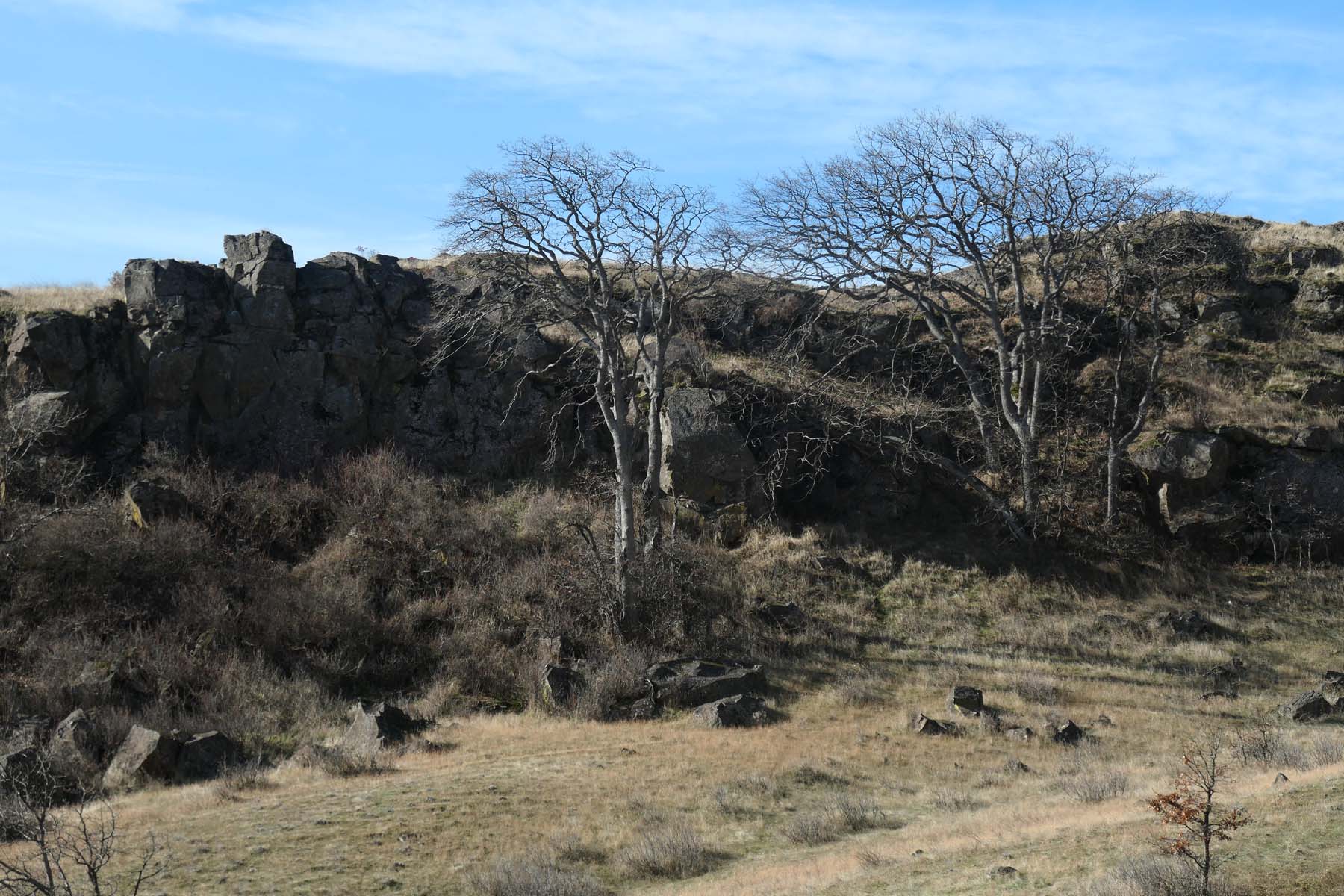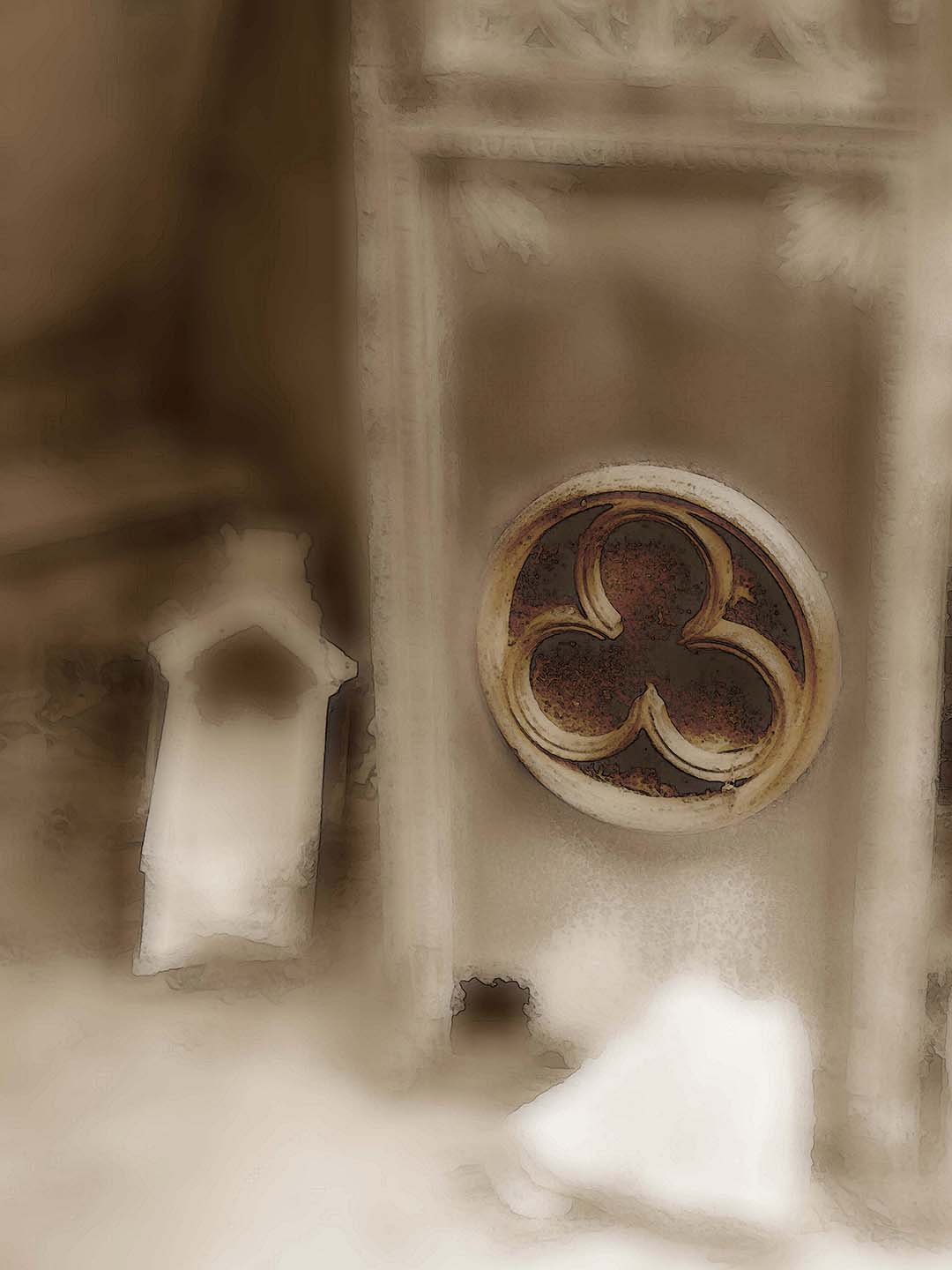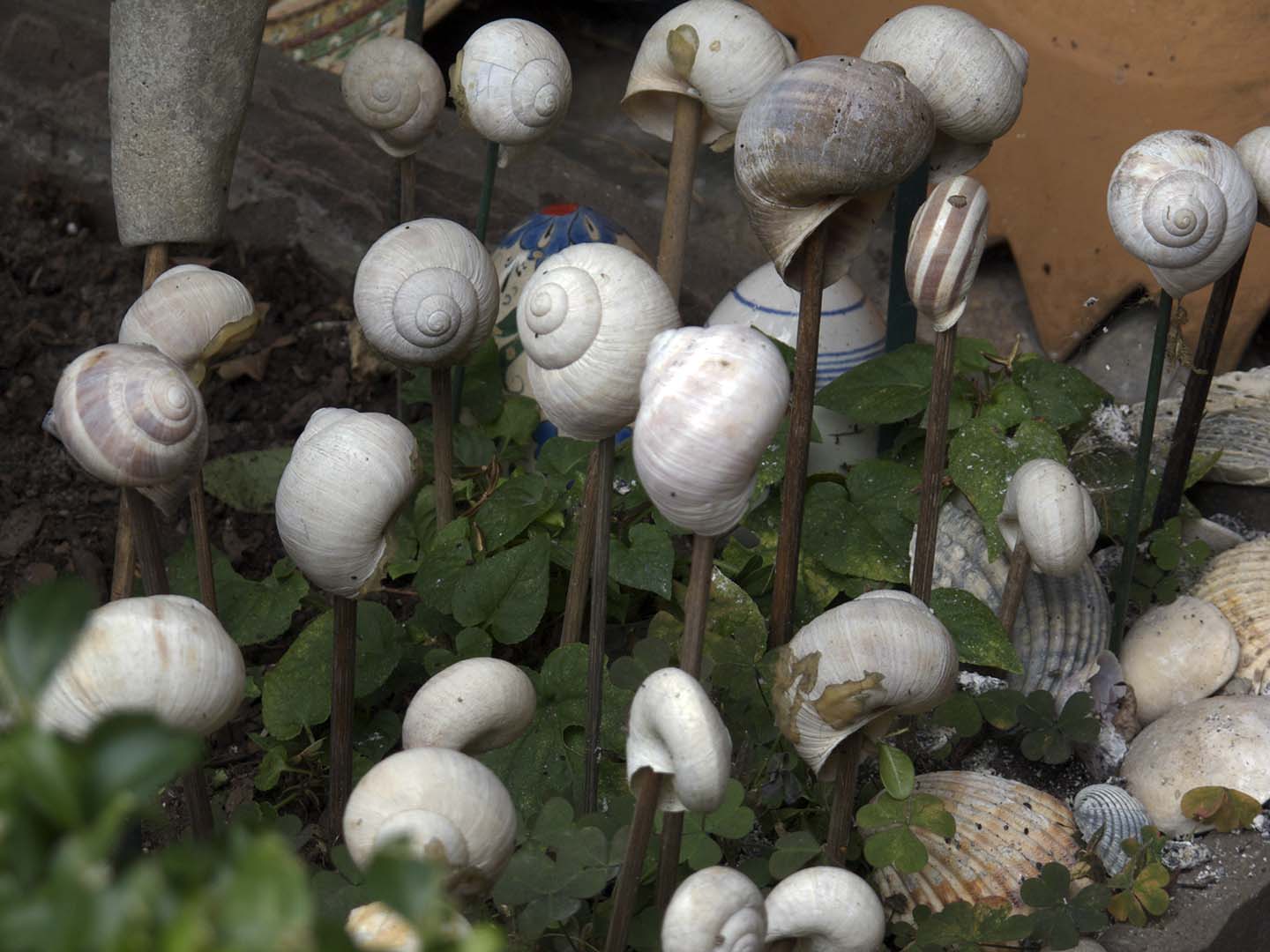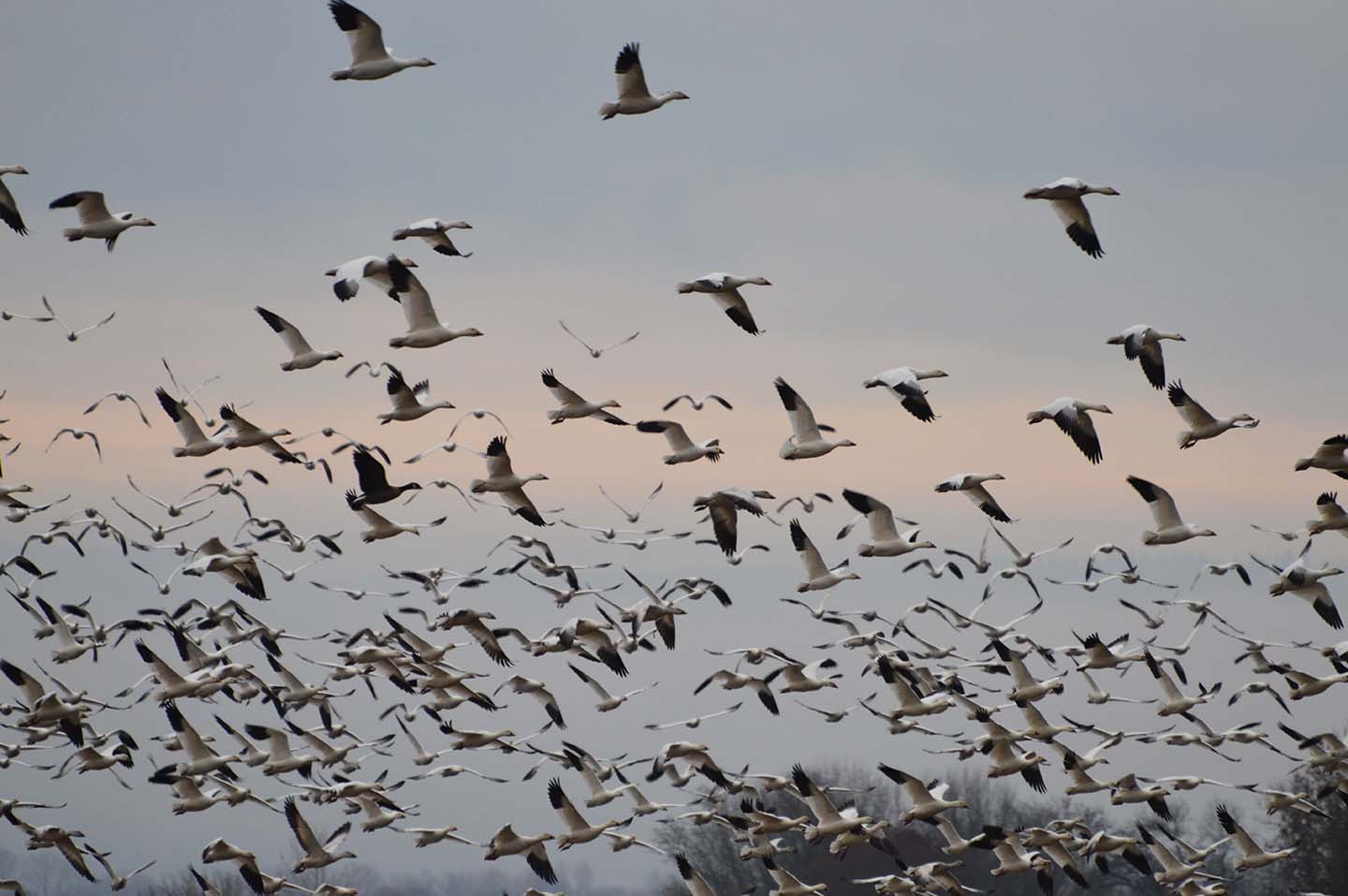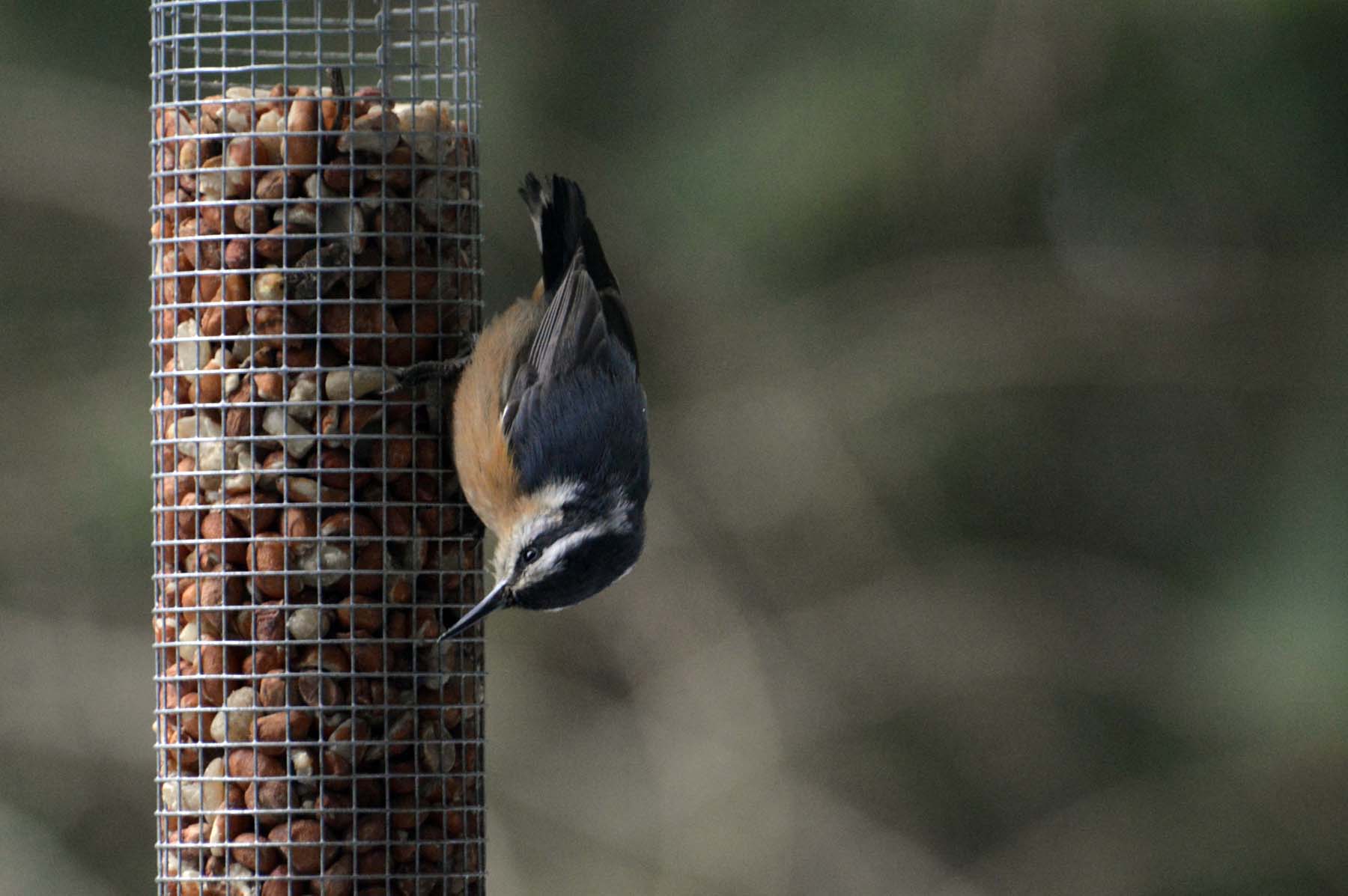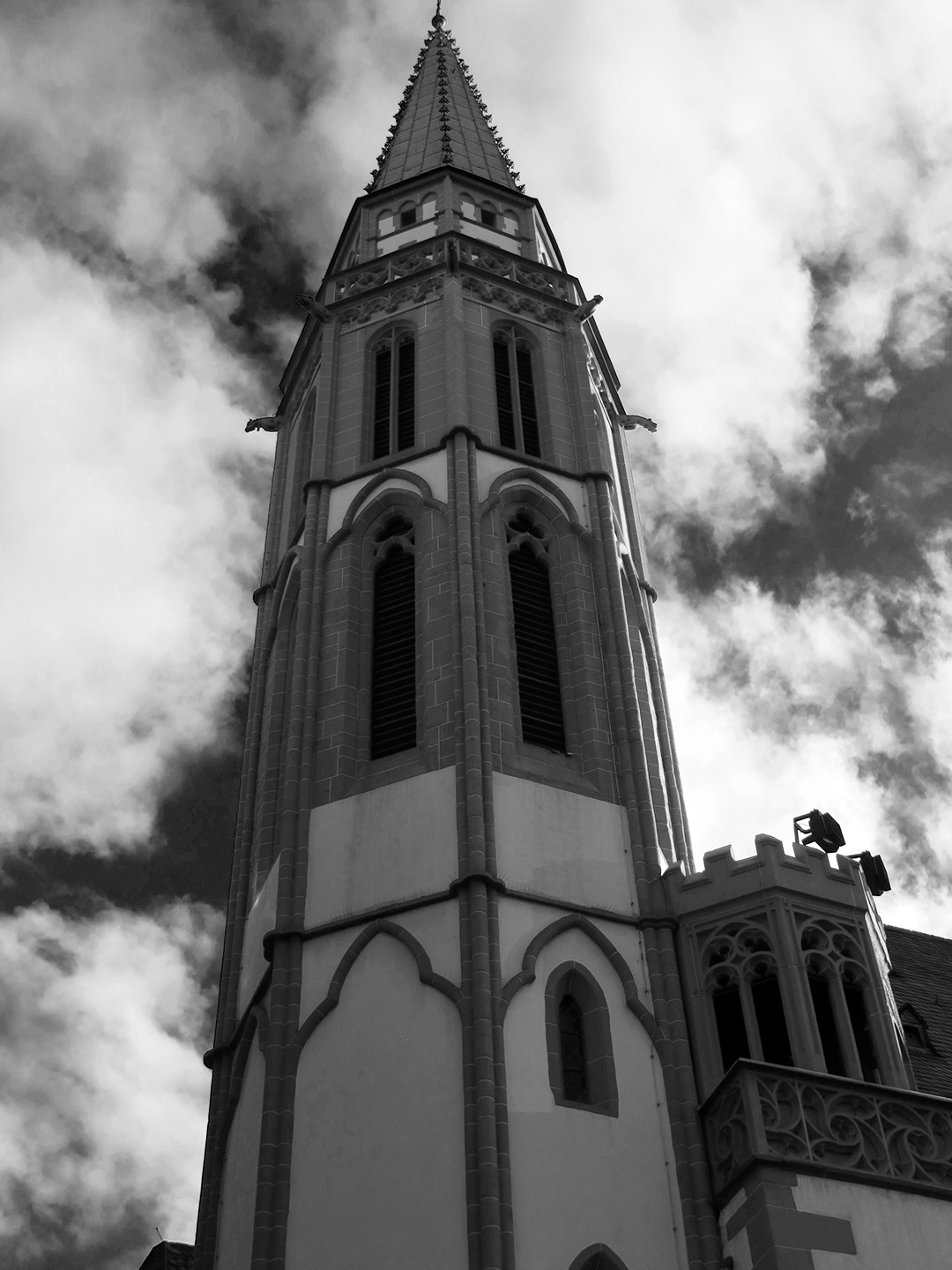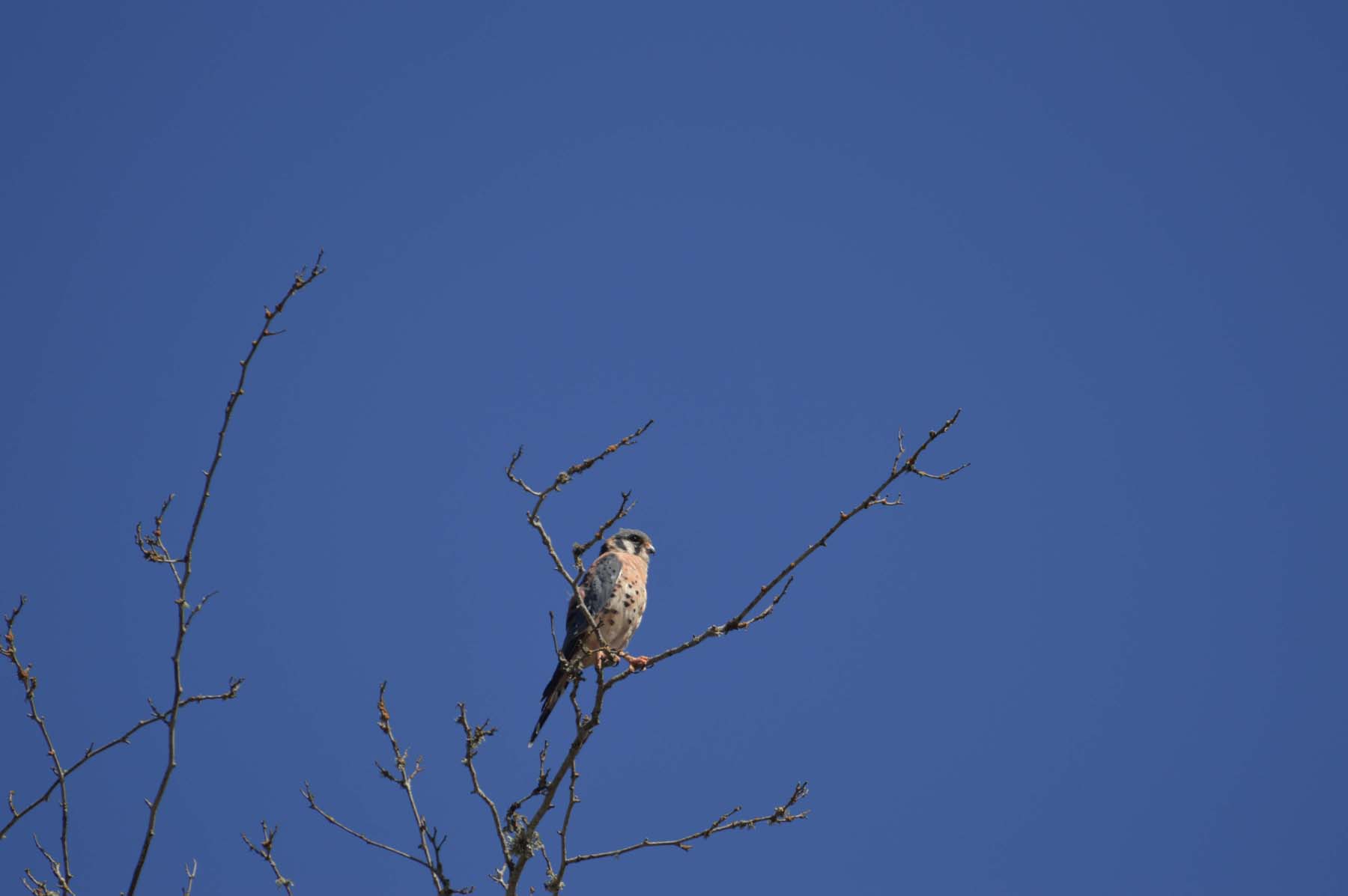Hike with me. Pack the sunhat, yes, I mean it. If you are lucky we encounter another windless, cool but sunny day that brings the landscape into sharp relief and makes for long shadows.


The hike leads up to an old cherry orchard with a single remaining tree, on the Washington side of the Gorge, a longish hour’s drive straight East from PDX. I did the whole 5-mile loop some years ago, this time managed 2/3rds of that which counts as a grand achievement given the steep inclines.





The views of the Columbia river and the basalt cliffs are spectacular, once you up there after parking at river level.






The screes are impressive, walking on the unstable stones path is another matter. Not so much dangerous as simply requiring tons of concentration that you don’t loose your footing. Much time spent with eyes on the ground when they should be scanning the surround for its stark beauty.




Should you be so lucky, you’ll see a bald eagle flying in the distance just when you look up, eventually settling in one of the dry oak trees that dot the hillsides. If you quietly approach, you might find flickers as well, perfectly camouflaged against the lichen covered rocks. And always, always, ravens.




During the breaks to catch our breath, my fellow photographer and I talked about how differently serious photographers approach the views of the landscape.

What for us is still a marvel, a breathtaking exposure to beauty no matter how much affected by human habitation and intervention, is for others a grievous example of the loss of all that was pristine.


Some long for untouched nature, while I certainly am grateful for the roads and tunnels built into the mountains so I can reach meadows that are crisscrossed by paths carved by men, and orchards built into oak tree habitats.



Which is, of course, not to say that we should not be stewards of the earth. Plenty of reminders all around – the drought is visible, even this early in the year,

the river low.


Evidence from where we looked down the promontory confirms that we continue to ravage the planet – trains carrying oil or coal that traverse the Gorge endanger us all. Coal trains pollute the air, contaminate the ground and water with coal dust, and contribute to climate change. Oil trains endanger lives and environment with their potential for accidents. In 2016 a 96-car Union Pacific train carrying highly volatile Bakken crude oil derailed near this location, setting off a massive blaze. 47,000 gallons of escaped oil, 2,960 tons of oil-drenched soil, contaminated groundwater, and $9 million in cleanup costs, cause by Union Pacific’s failure to maintain the tracks. It was a miracle that the small town of Moisier was mostly spared. (Here is the link, once more, to our documentary film that tells the whole story.)

Of course it is stunning, as always, how tenaciously nature clings on, even under challenging conditions.








I was reminded of a poem by Lucille Clifton that urges us to rethink our relationship to nature and the responsibilities we have not just for our own species but for all others as well. A perfect entry into a week where I will follow up with another hike that shows the effects of climate change in a different fashion.
generations
people who are going to be
in a few years
bottoms of trees
bear a responsibility to something
besides people
if it was only
you and me
sharing the consequences
it would be different
it would be just
generations of men
but
this business of war
these war kinds of things
are erasing those natural
obedient generations
who ignored pride
stood on no hind legs
begged no water
stole no bread
did their own things
and the generations of rice
of coal
of grasshoppers
by their invisibility
denounce us
from How to Carry Water: Selected Poems of Lucille Clifton.(2020)s

Music today is an incredibly beautiful tune from Mongolia’s steppes – Wandering, played at about the tempo that I was walking up those cliffs. The whole album Cycle by Hugjiltu 胡格吉乐图 can be found here.
